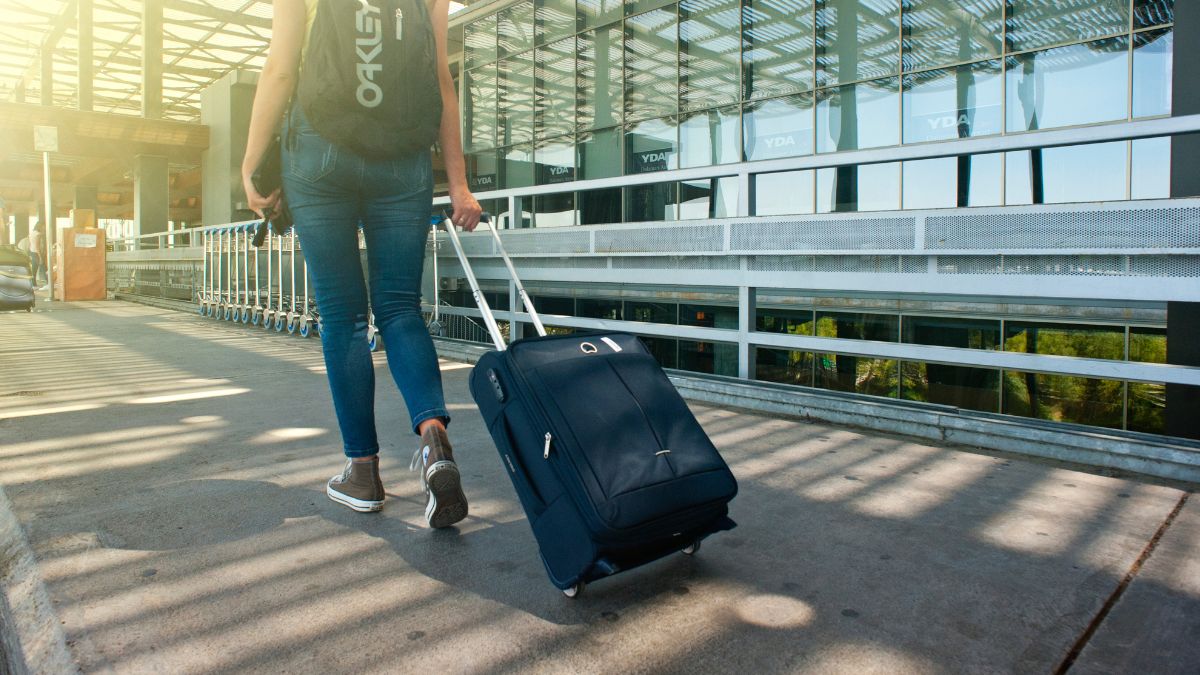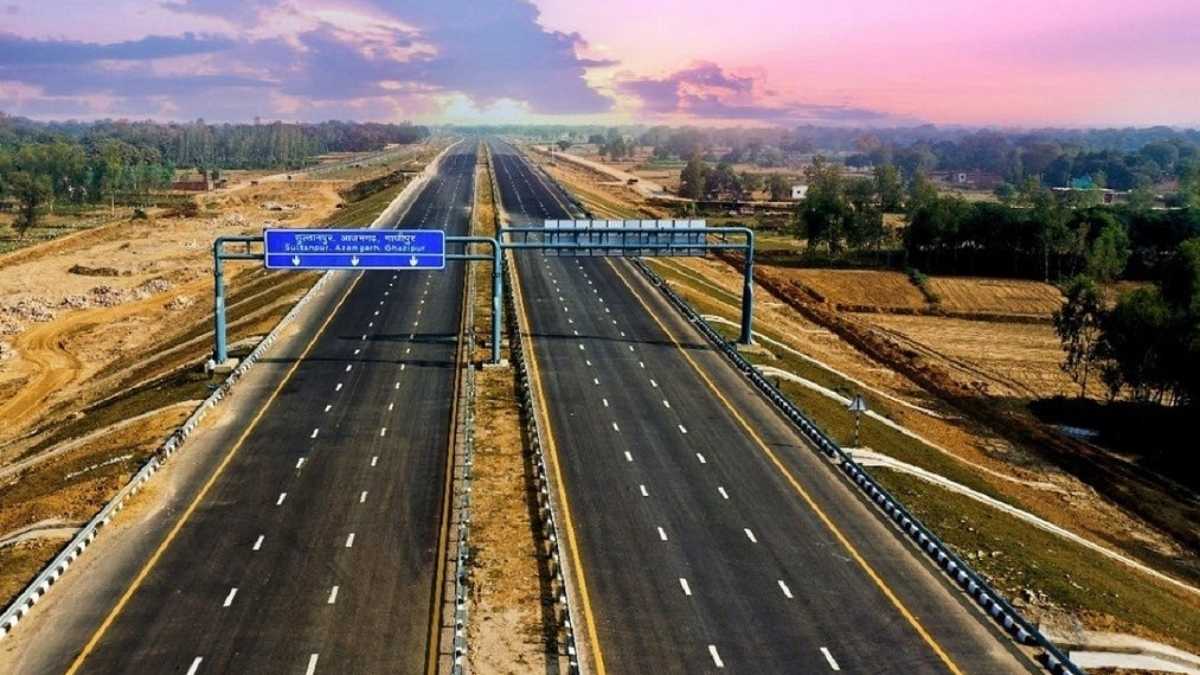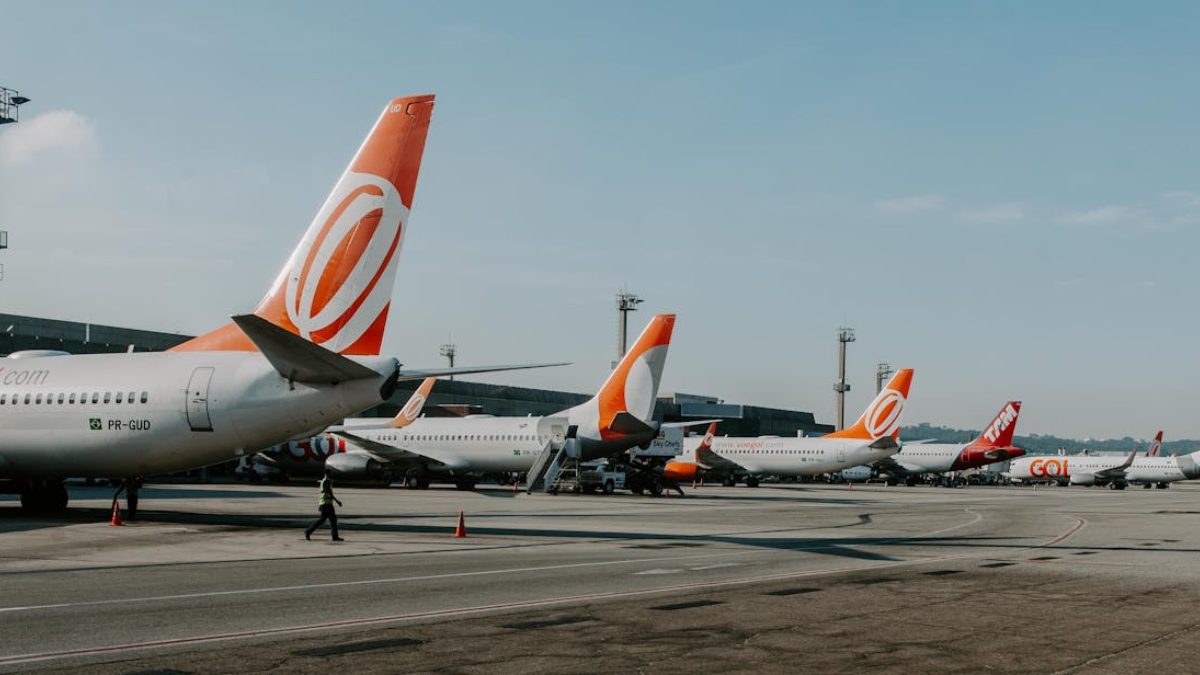Skiplagging has emerged as a controversial travel practice. While skiplagging has attracted a devoted following who praise its cost-saving benefits, the method has faced legal challenges and criticism from airlines, highlighting its controversial nature.
What Is Skiplagging?

Skiplagging operates on the concept of “hidden city ticketing.” When airlines set their pricing, flights with layovers may be cheaper than direct flights to the layover city alone. Savvy travellers take this pricing discrepancy by booking a flight that has their intended layover city as the final destination. Instead of completing the journey to the ticketed endpoint, they intentionally skip the remaining legs of the flight. By doing so, travellers benefit from the cost savings, as they effectively pay for a cheaper ticket to the layover city and disregard the onward flight.
The ethics of skiplagging are subjective and vary among individuals. Supporters argue that airlines engage in price discrimination by offering different prices for the same flight, thereby making skiplagging a fair consumer response. They contend that passengers have the right to maximize their benefits within the existing system. However, opponents argue that skiplagging violates the principle of honesty and fairness. They believe that exploiting pricing discrepancies harms airlines and ultimately affects other travellers.
Also Read: UAE Peeps, These Hacks Will Surely Get You The Best Travel Deals This Summer; Report
Why Is Skiplagging So Controversial?
Breaking down the reasons why airlines don't want you Skiplagging ⬇️ pic.twitter.com/KUu1NYpYR1
— Skiplagged | Travel ✈️ (@Skiplagged) July 22, 2022
Skiplagging goes against the rules and contracts of most airlines. Passengers are expected to complete the full journey specified on their ticket.
When a passenger skips a leg of a flight, it can lead to empty seats on subsequent flights, affecting the airline’s capacity planning and revenue management. This practice may also lead to delays if passengers’ luggage needs to be removed from the aircraft after they disembark.
Airlines rely on revenue from tickets to cover costs, such as fuel, maintenance, and staff salaries. Skiplagging undermines this system, potentially leading to increased fares for other passengers to compensate for lost revenue.
While skiplagging is not explicitly illegal, it does pose legal risks. Airlines can respond by penalizing skiplaggers, such as suspending frequent flyer accounts, withholding miles, or banning them from future flights. This legal uncertainty further adds to the complexity of skiplagging.
While some travellers see it as a smart way to take advantage of pricing discrepancies, airlines consider it a violation of their terms and conditions.
So, what do you think of skiplagging?
Cover image credits: Canva
First Published: June 15, 2023 1:18 PM



